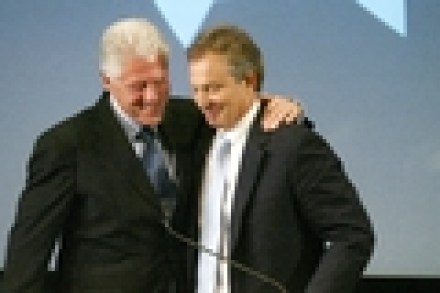More of everything
Peter Phillips on Nicholas Kenyon’s Proms swansong and a lost masterpiece Nicholas Kenyon’s swansong at the Proms this summer is surely the most elaborately complicated, one might say contrapuntally conceived, series of concerts ever staged. Just reading the blurb makes one’s head spin — so many themes, so many anniversaries, so many reasons for paying attention that there comes a point when one might, most ungratefully, just wish that a concert was there because the performers wanted to perform the music they had chosen. But I suppose that if you are to live within the hype of a series this extended (90 concerts and countless fringe activities), you have to









